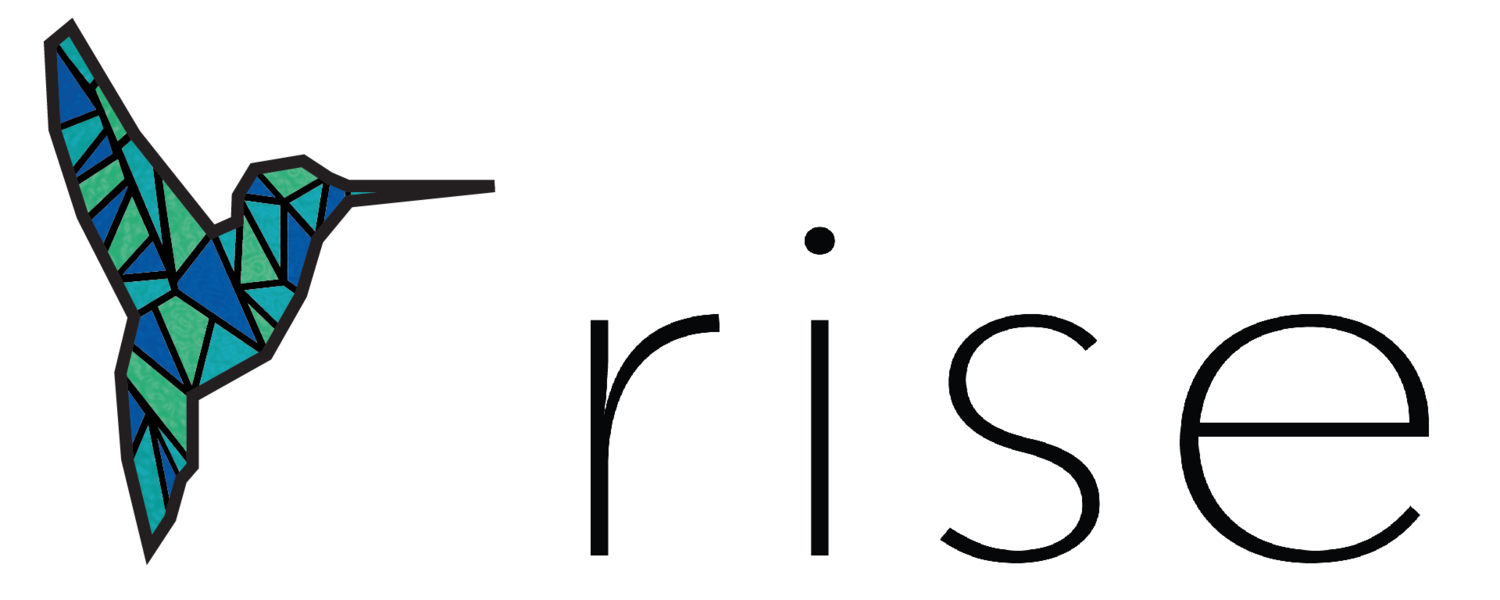Perspectives on Catholicism and womanhood
Rise board member Amanda Martinez Beck recently did a Q&A with Catholic writer Shannon K. Evans about a myriad of topics. Evans’s book, Embracing Weakness: The Unlikely Secret to Changing the World, is available now. Here is their discussion:
What is your vocation?
I see my vocation as twofold: a wife/mother and a writer. My marriage is going on its 13th year and it really took me the first 10 to figure out what I was called to outside of our home! It's been quite a process of self-discovery, but it feels good to be confident that I love and am committed to the craft of writing, and that it is something I want to continue for the rest of my life. Motherhood has been an easier path to discern for me (though certainly not easier in practice), because it has always been something I knew I was created to do.
How does your faith tradition embrace womanhood?
Well, this is a doozy of a question! I love being Catholic, but I don't always love the history or experience of being a woman within the Catholic Church. But institutional mechanics aside, I have been deeply formed by the presence and contributions of many Catholic female saints, activists, and mystics (both historical and still living). I am extremely proud to share a common tradition with some of the most subversive female figures of Christianity: women like Dorothy Day, Saint Teresa of Avila, Saint Hildegard of Bingen, Mother Teresa, and the many incredible sisters who are critical voices in the North American social justice movement today. Even on the internet, where it can sometimes feel like Catholic women are only talking about motherhood and liturgical feast days, I have been delighted to find a strong representation of like-minded women who are relentlessly pursuing a deeper theology and social activism. To be clear, there is nothing wrong with motherhood or liturgical feast days, but it does a great disservice to women to center our faith conversations solely around those things.
How does that understanding shape you as a woman?
Some of the more constrictive stereotypes of Catholic womanhood tend to bring out my rebellious streak, which I think in healthy doses is a good thing! It's important to me to personally represent and also call out in other women the vital, unique, and often unheard strengths of femininity that are so needed in the Church and the world. As I absorb both the sacred expression of womanhood in my Church and the very real places where it is failed to be recognized, the balance of those two things inform a lot of who I am and who I am growing into. I think there is room for both celebration and critique of Catholic womanhood, and seeking to integrate those two things continues to mold and shape my spiritual, personal, and professional life daily.
How does the interaction of weakness, womanhood, and your tradition set you up for success/failure?
I'm guessing you're asking this because I wrote a book about embracing weakness! It's a Catch-22 for a woman to talk about weakness, isn't it? On one hand, one of the gifts of femininity is an openness to look honestly at our inner lives and offer them vulnerably to others. The Church desperately needs that contribution of the feminine on a large scale because it cuts through the power plays and ego trips that can tend to dominate Christianity. Yet on the other hand, being open about our own weakness can lean towards the "aw shucks lil ol' me? I'm just a hot mess" kind of vibe too and frankly, that is helpful to no one and not representative of the richness that true femininity has to offer. For me, it comes back to incarnation: Jesus welcoming weakness, mortality, humanity, vulnerability. Jesus refusing to let his divinity keep him distanced from the human condition. He was incredibly attuned to his fellow man—that is the gift of weakness, and that empathy and connectivity is what is available to us as well. THAT is a great example of what true femininity can offer the world.
Photo by Neven Krcmarek on Unsplash
